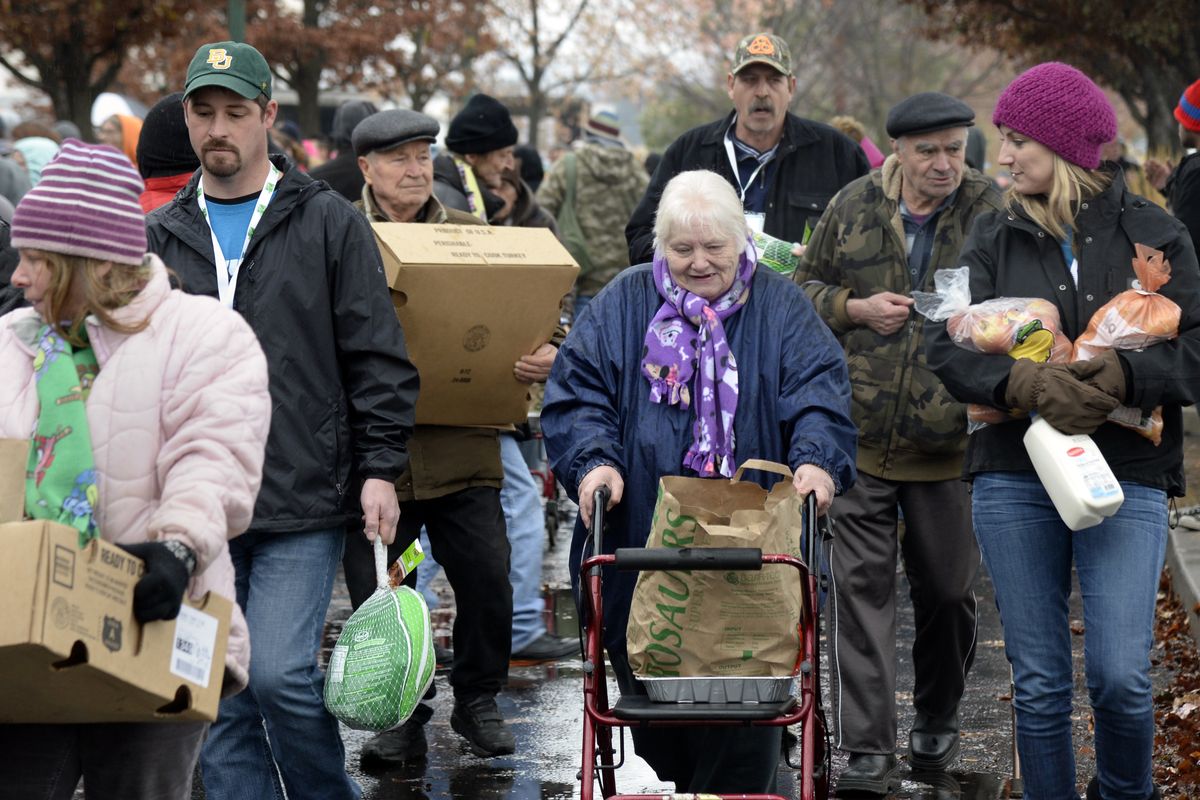GU professor’s study finds gratitude is golden

Turns out mom was right – again.
Remembering to say “thank you,” a custom long considered beneficial in an intuitive sense, now can be shown scientifically to improve your social and emotional well-being.
A new study conducted at Gonzaga University and featured in an upcoming edition of the journal “Emotion” is considered the first to empirically establish that expressing gratitude positively influences how others perceive you.
“Our study shows just how important it is to say ‘thank you’ to someone,” said Gonzaga psychology Professor Monica Bartlett, who conducted the research along with Professor Lisa Williams from the University of New South Wales in Australia. “A simple thank you leads people to view you as a warmer human being and, consequently, to be more interested in socially engaging with you and continuing to get to know you to build a relationship with you.”
Bartlett and Williams arrived at this conclusion after studying the responses of 70 Gonzaga students who last year were led to believe they were volunteering to serve as mentors for high school seniors wanting feedback on college application essays. In reality, there were no high schoolers and all 70 students were given the same essay chosen by Bartlett and Williams, and asked to spend about 15 minutes providing feedback.
A week later each received a note that appeared to come from the high schooler whose essay they’d reviewed. All of the notes acknowledged receiving the feedback and expressing plans to use it in their college applications.
Half of the notes, however, also included this line: “Thank you SO much for all the time and effort you put into doing that for me!”
And that’s where it got interesting.
Those who received the note with the “thank you” line were more likely to provide their personal contact information in case the “student” needed additional assistance in the future. They also described the experience in warmer ways than those who received the basic note. The reaction was similar among both genders.
Bartlett understands that some people might consider all this rather unsurprising, but in a scientific sense it’s important in terms of being able to establish empirically the role of gratitude in emotional and social development.
“There is a little bit of this that was quite wonderful to find,” Bartlett said. “These were complete strangers. They did not know one another. Yet just a simple, hand-written sentence in which the person said ‘thank you’ had this effect.”
To understand Bartlett’s joy in establishing something like this, it might help to know what she did prior to focusing on research into emotions and the role of gratitude in social development.
She earned a master’s degree in criminal justice from Northeastern University in Boston and delved into anti-social behavior and its links to crime. She went on to earn a doctorate in social psychology from Northeastern and has been at Gonzaga for about eight years.
Those early years of digging deeper into destructive emotions linked to anti-social and criminal behavior, like jealousy and anger, took their toll.
“After I finished that master’s I was ready to move to other things,” Bartlett said. “I was ready to look at pro-social behavior.”
Psychology tends to focus on disease and fixing what’s wrong with people. Bartlett wanted to focus on the ability of emotions to influence rational and thoughtful decisions, and at the time there’d been little research into the role of gratitude.
“I felt that our emotions could be a really beautiful and positive thing and also functional, helping us to make rational and thoughtful decisions,” she said. “Gratitude seemed like a good place to start because when we feel grateful it definitely connects us to others.”